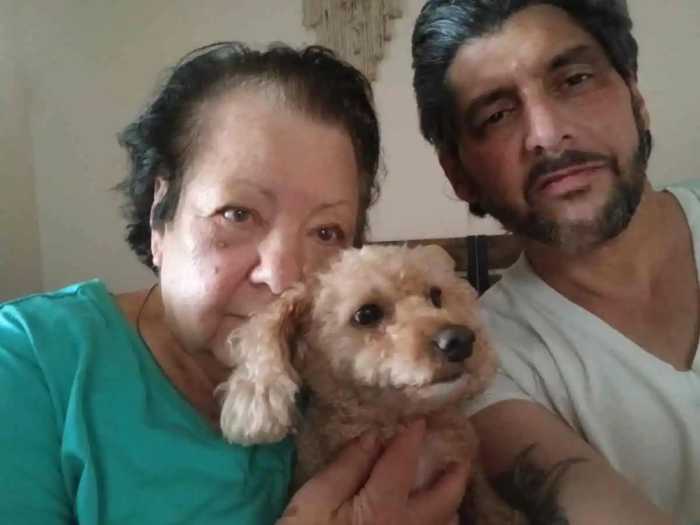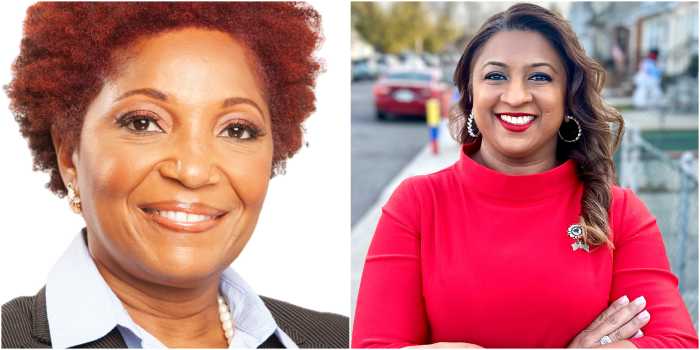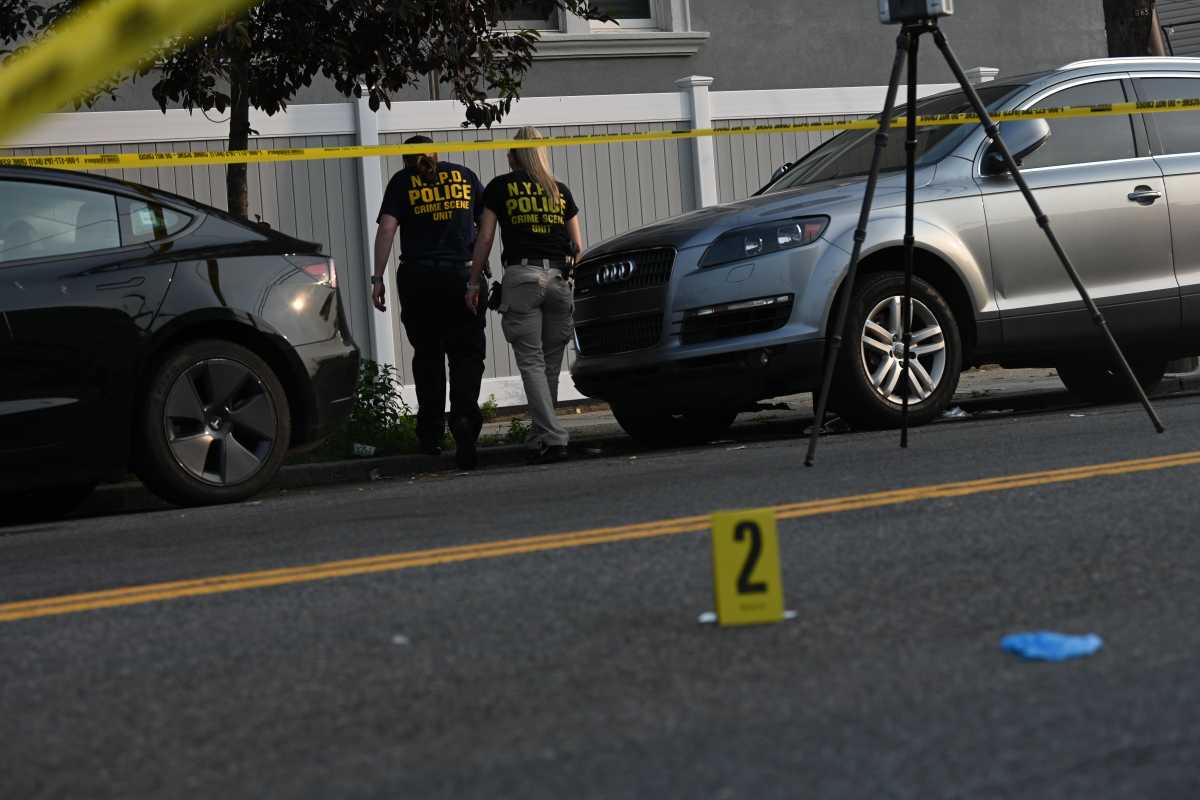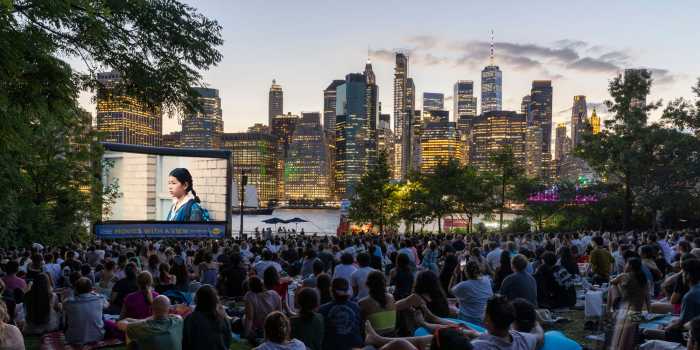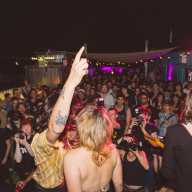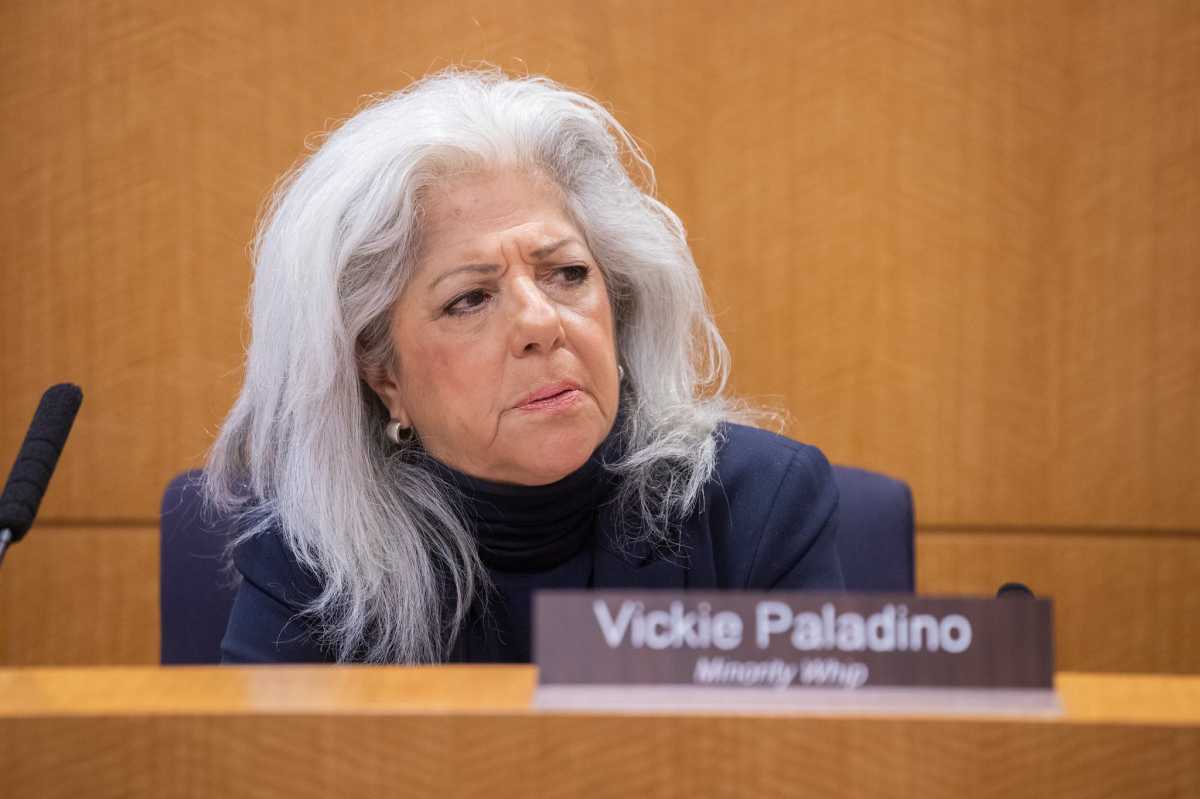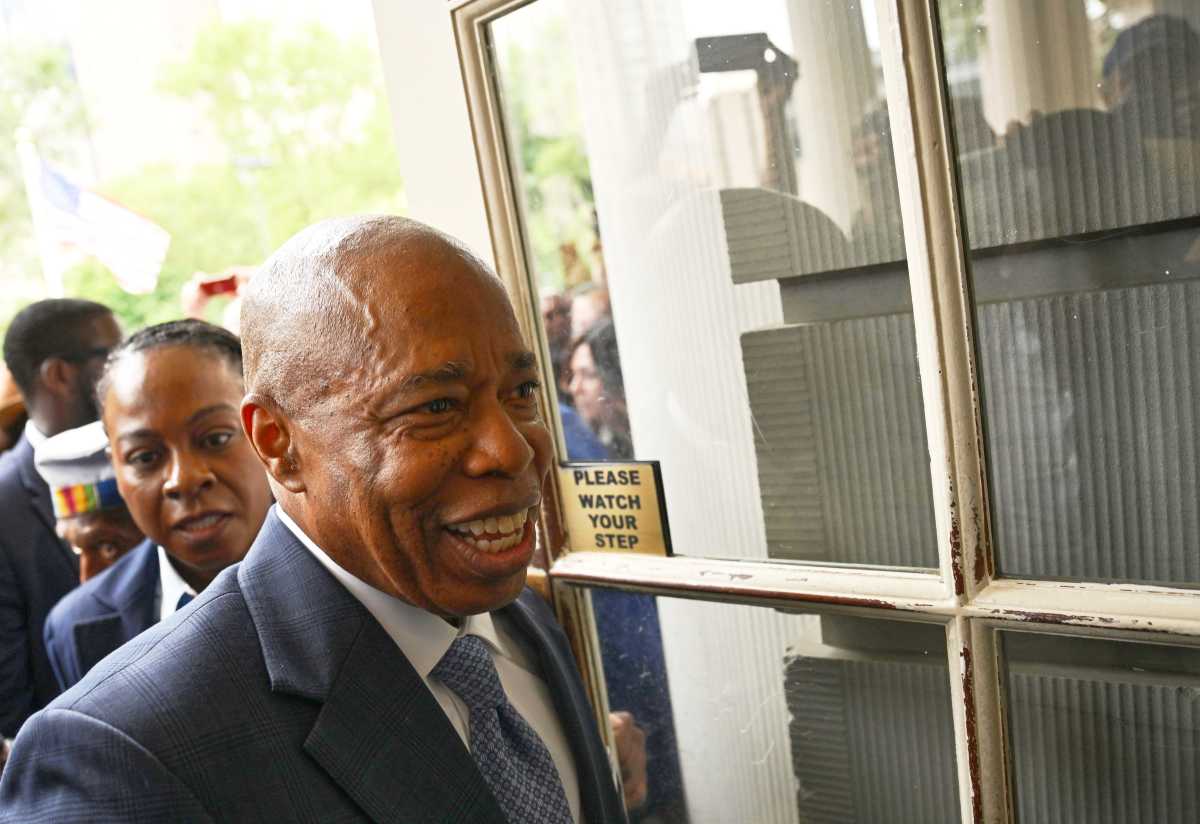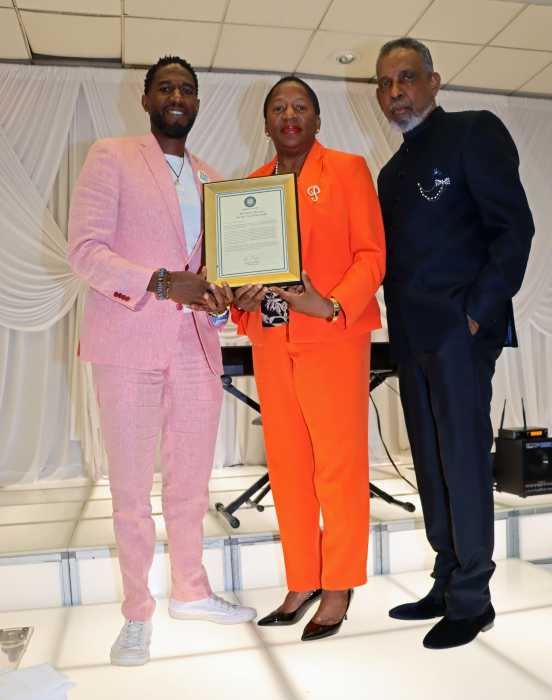“Race and New Media,” the first-ever conference of its kind, will take place at New York City College of Technology (City Tech), May 3 from 9 a.m. to 6:15 p.m., in the campus’ Voorhees Building, 186 Jay Street.
While being held in an academic setting, the conference is intended to draw participants from the broader community as well, bringing in members of the general public as both presenters and attendees.
In addition, there will be a special evening (7:30-10:30 p.m.) “multimedia” session in collaboration with Mitch McEwen’s Superfront, an architect-run performance and multimedia space in Bedford-Stuyvesant (superfront.org).
“The conference will look at how new media is being used to make connections, to empower communities and/or control, colonize or dominate them,” says Doctor Annie Seaton, who is organizing the conference with Doctor Aaron Barlow, both of whom are professors of English at City Tech.
“We will explore the question of whether race works differently in the ‘new’ media than it did in the ‘old’ media, where network news has always been a nearly diversity-free zone,” Seaton adds.
“Race and New Media” will also focus on how video games, blogs, chat rooms and other forms of digital worlds create and represent race and racial identities.
Is the “virtual” world a “racist” world? Or does race “disappear” when you can’t “see” the bodies involved? These and other questions will be explored by the “Virtual Racism” panel.
“The internet, the web and blogging have resurrected citizen journalism, in which we all can contribute to news gathering and distribution,” says Barlow, author of “Blogging America: The New Public Sphere,” a study of blogs as they are now, and of “The Rise of the Blogosphere: American Backgrounds.” “It would be hypocritical not to welcome the participation of the general public.”
Brooklyn native (and Harvard Ph.D candidate/Rockefeller Fellow) Omar Wasow will be the conference’s keynote speaker. Wasow is the co-founder and ongoing strategic advisor to BlackPlanet.com and an on-air technology analyst.
In his speech, scheduled for 1:30 p.m., he will tell his personal new media entrepreneur an how-to story as well as offer some trenchant critique of current race/new media trends.
“Under Omar’s leadership, BlackPlanet.com became the leading website for African Americans, reaching over three million people a month,” notes Seaton.
Seaton, who joined the City Tech faculty in 2006, is working on an academic book proposal with the aid of her Harvard advisor, Henry Louis Gates, as well as a multimedia art project, “The Perfect Machine,” a Professional Staff Congress-City University of New York grant-funded project.
She was a visiting scholar at Columbia during the 2006-2007 academic year and a Fellow at Harvard University’s Du Bois Institute for Research on Afro-American Culture.
Other major conference participants include Puerto-Rican activist and artist Carmen Oquendo-Villar, Doctor Diana Williams of Wellesley College, historian Joel Rainey and legal and religious scholar Otis Gaddis.
Oquendo-Villar, who holds a Harvard Ph.D in Film, Media Studies and Romance Languages, will show her short film, Mizery (oquendovillar.com). Her work has been featured in museums and galleries around the world.
Williams will headline the “Constructions of Obama” panel taking place at 3 p.m. She will give an historical overview of the ‘biracial’ category in American legal and political culture,” Seaton says. “She will be joined by Joel, a Harvard Ph.D candidate, whose talk will consider ‘white liberal fantasies of Obama.’”
Gaddis, a graduate of Harvard and Georgetown who is about to be ordained as an Episcopal priest and will attend Yale Divinity School in the fall, will headline the “Race, New Media and Religion” panel.
“We are also exploring a number of ways of expanding the conference beyond college walls,” Barlow explains.
“One panel, for example, will be a walking tour of Brooklyn Heights and DUMBO during which relevant topics will be discussed. We are open to experimentation of many sorts.”
City Tech students will be drawn into the conference in a number of ways, according to Barlow. “Students in my Advanced Technical Writing course will be creating and presenting one of the panels,” he said.
“In addition, coverage of the conference will be provided by my City Tech journalism students, who will be involved in a cooperative venture with ePluribus Media, a citizen journalist website, to supply information about the conference to the wider world. ePMedia will offer mentoring in such things as ethics, fact checking and editing.”
In another unique twist, a class at Ursinus College in Pennsylvania will be joining Barlow’s journalism class to cover pre-conference news, work on reporting the issues and interview participants.
“This kind of cooperation between classes at two distinct colleges for one online project is made possible by new media,” Barlow notes.
Limited openings are still available for discussants or respondents for panels on “Constructions of Obama,” “Virtual Racism” and “Reverend Wright.”
Those interested in participating, whether academics or members of the general public, should e-mail Seaton and Barlow at raceandnewmedia@gmail.com. For more on the conference, visit discuss.epluribusmedia.net/race_and_new_media.


